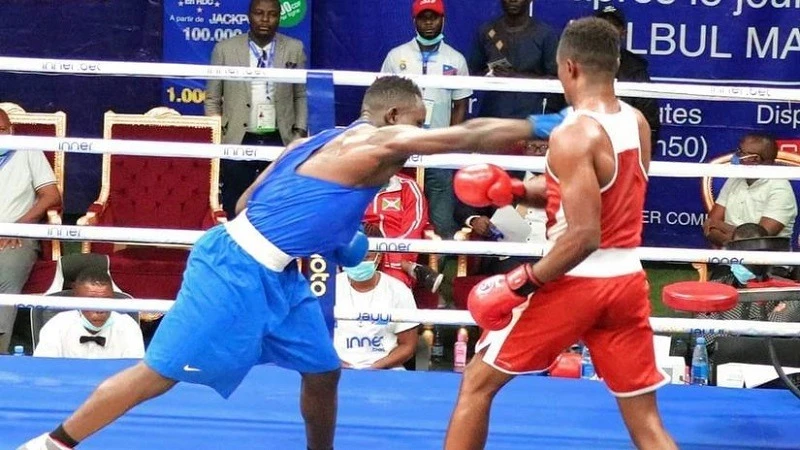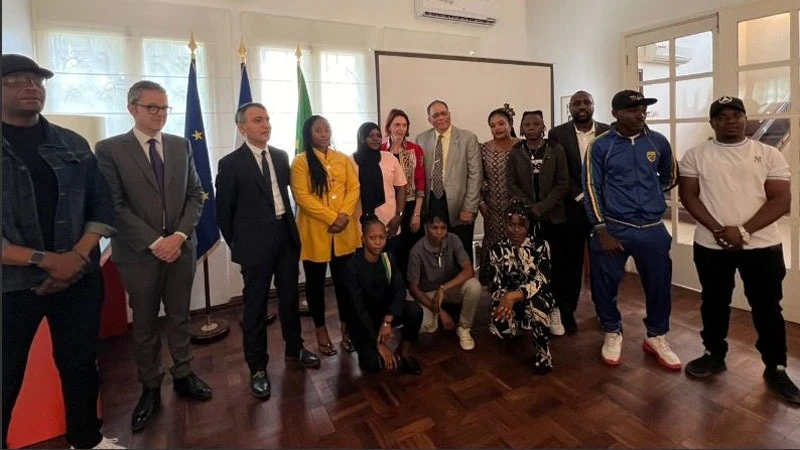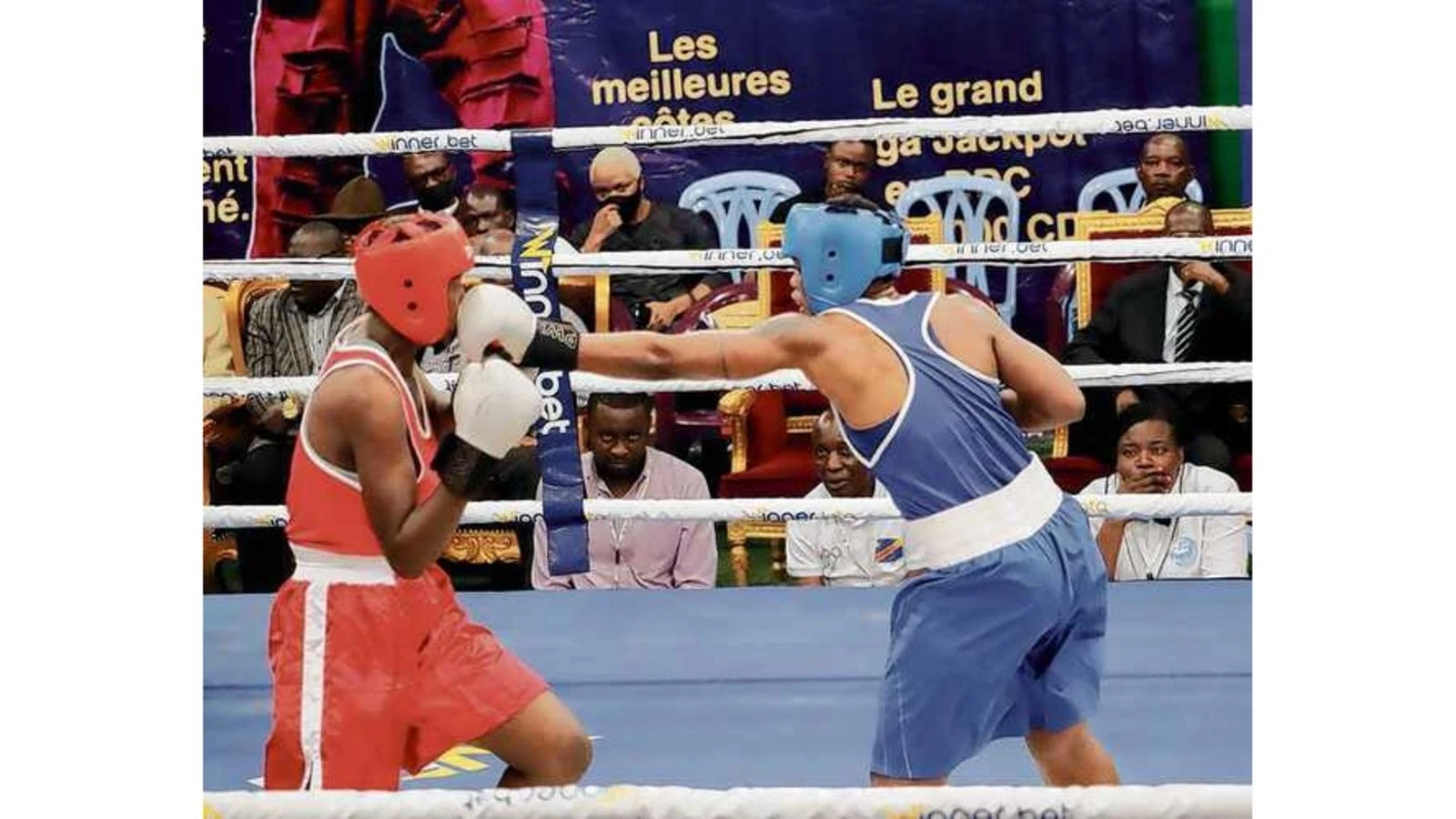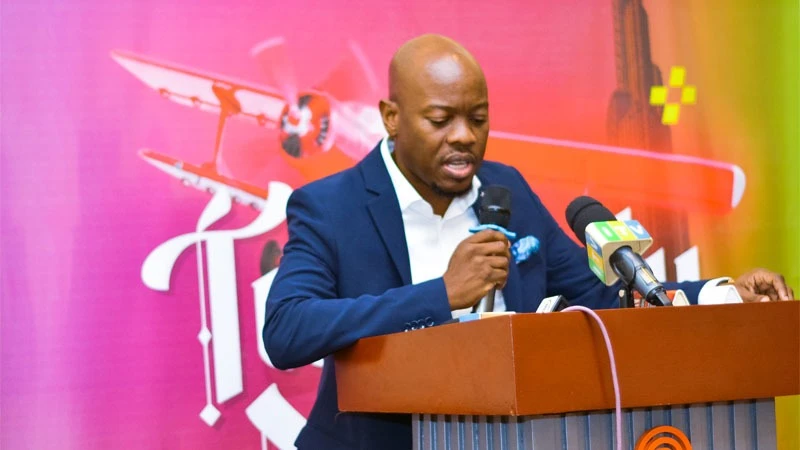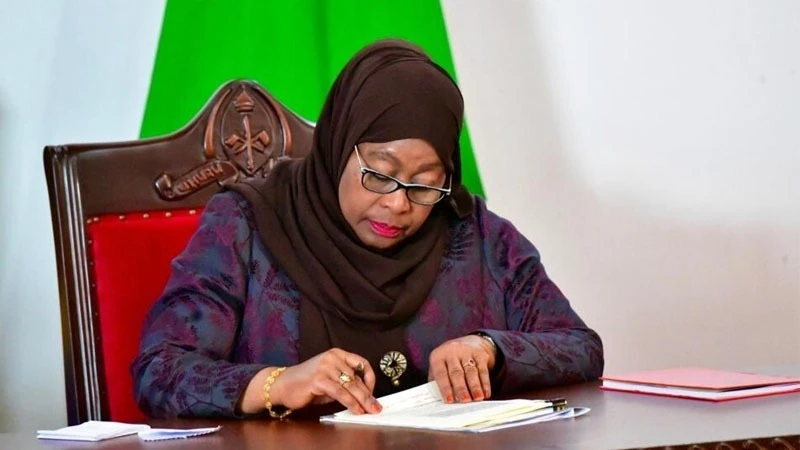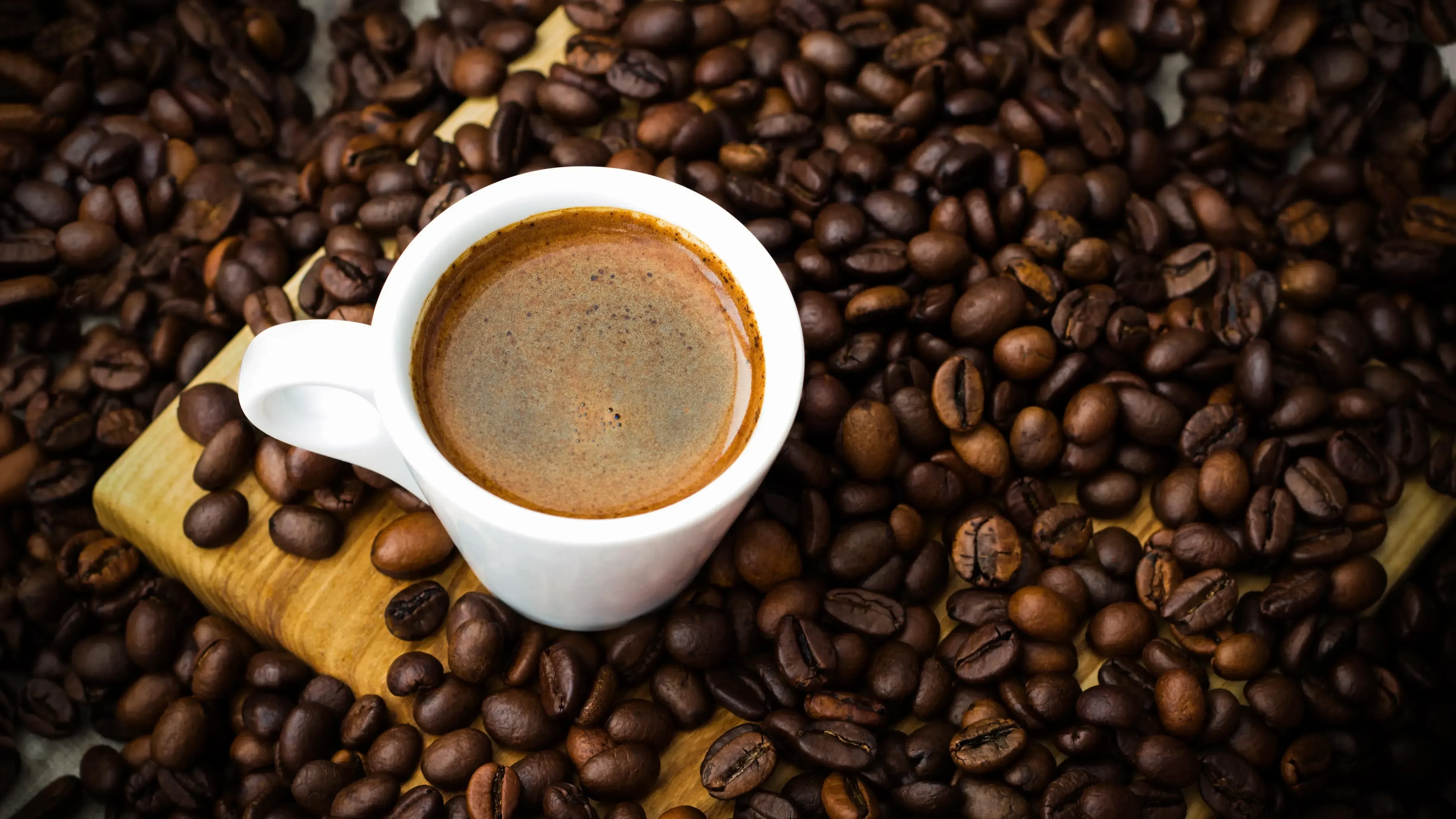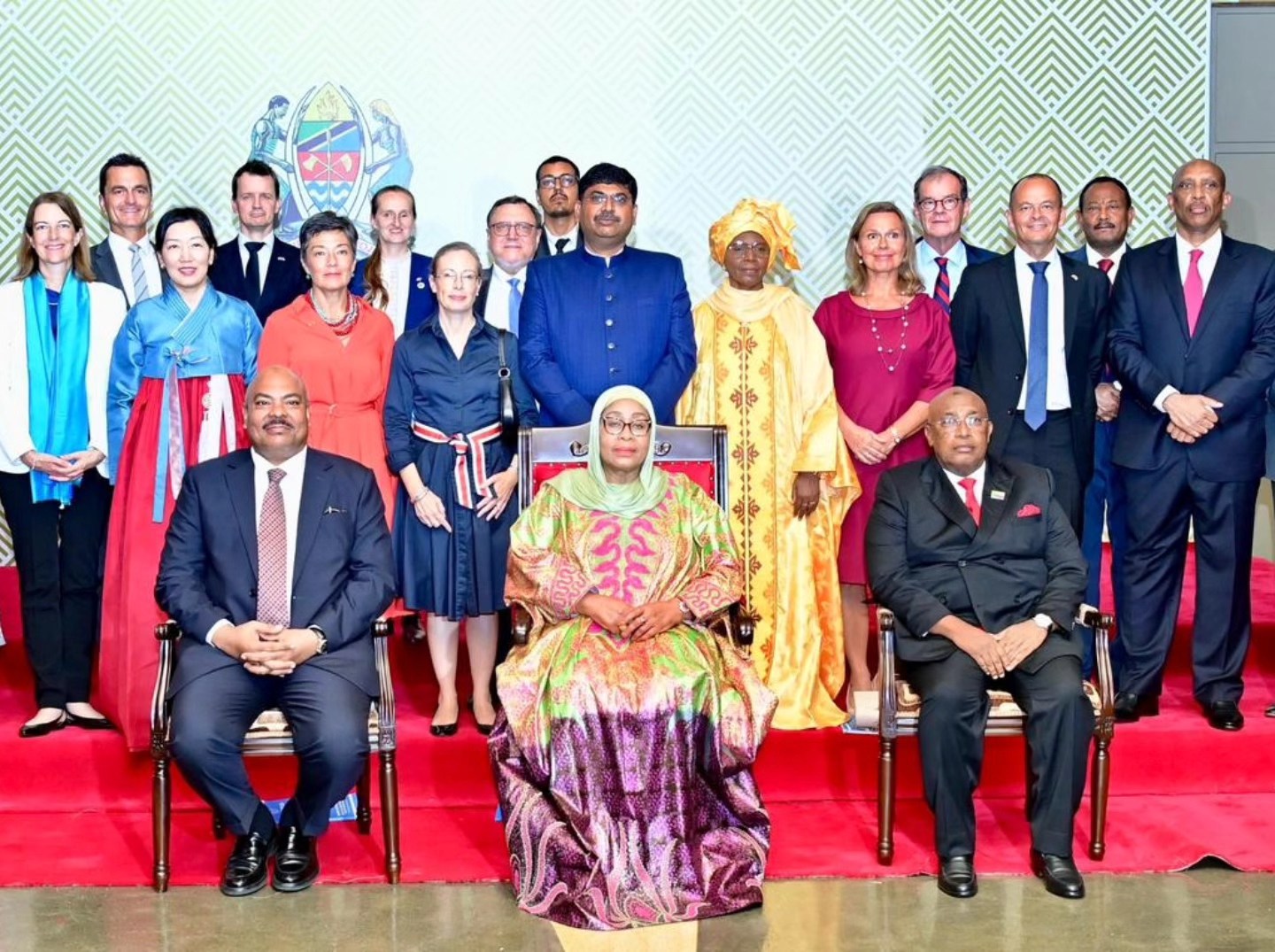Five key questions over USADA's anti-doping practices
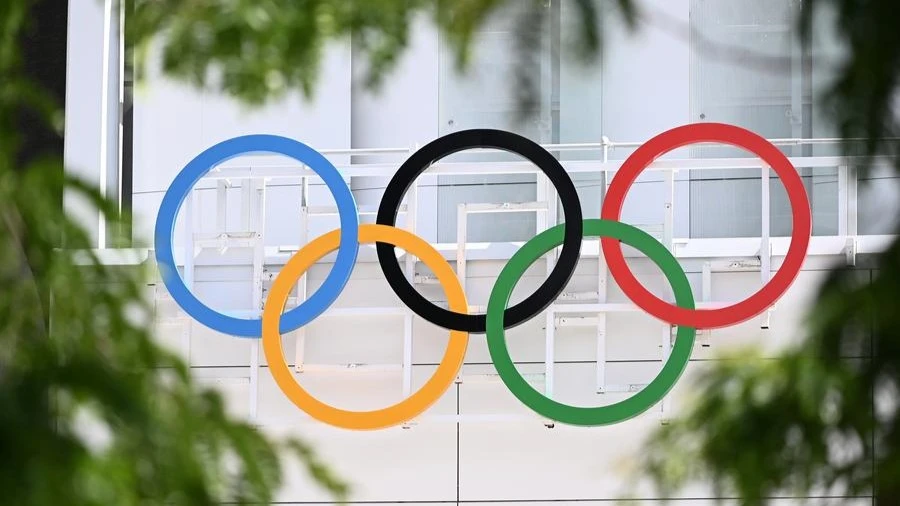
International media reported on Wednesday that the United States Anti-Doping Agency (USADA) had exonerated athletes who tested positive for doping in exchange for them acting as "informants." The World Anti-Doping Agency (WADA) subsequently issued a statement criticizing this practice for its "contravention of World Anti-Doping Code".
This news quickly garnered widespread attention from the media, athletes and sports officials at the Paris Olympics, raising common concerns.
Question 1: Why did the U.S. shift from recognizing cannabis as a banned substance to pushing for its removal from the prohibited list?
Background: In 2009, U.S. star swimmer Michael Phelps was suspended for three months for using cannabis, and some sponsors decided not to renew their contracts with him. Over time, the call to remove cannabis from WADA's Prohibited List has grown stronger in the U.S.. What caused this change? In the eyes of Americans, what are the criteria for including a substance on the banned list?
Question 2: How can the fact that most U.S. athletes operate outside WADA's global anti-doping system not undermine fair competition with athletes from other countries?
Background: WADA President Witold Banka stated at the 142nd session of the International Olympic Committee: "90 percent of U.S. athletes are not under the jurisdiction of the World Anti-Doping Code. I am referring to professional and collegiate leagues. According to data released by the U.S. Olympic & Paralympic Committee on July 10, 75 percent of U.S. elite athletes participating in international competitions come from the collegiate system, including the NCAA. This means that most U.S. elite athletes originate from a system operating outside globally recognized clean sport standards." So, how are these athletes from U.S. professional leagues and the NCAA tested? What is the frequency of testing, and what are the standards for penalties? How can fair competition be ensured under two different anti-doping systems?
Question 3: Where does the U.S. "Rodchenkov Anti-Doping Act" place existing international rules with its extraterritorial jurisdiction?
Background: The core of the "Rodchenkov Anti-Doping Act" lies in its extraterritorial jurisdiction. Under this law, individuals involved in doping, aside from athletes, may face criminal penalties, and its scope includes international events with U.S. athletes, events sponsored by companies with U.S. operations, and events broadcast in the U.S. The law effectively grants the U.S. judicial authority over doping-related fraud in nearly all major international events, including the Olympics, but it does not apply to domestic professional leagues such as the NBA or NFL, as these do not fall under the "major international sports competitions" defined by the Act.
Meanwhile, hundreds of countries and stakeholders worldwide have signed UNESCO's "International Convention against Doping in Sport," adhering to the World Anti-Doping Code and supporting the existing global anti-doping framework. When the U.S. enforces extraterritorial jurisdiction over doping violations, it clearly conflicts with the unified global anti-doping system. Where does this leave existing international rules? Will other countries also enact legislation to assert extraterritorial jurisdiction, and ultimately, whose interests will be harmed?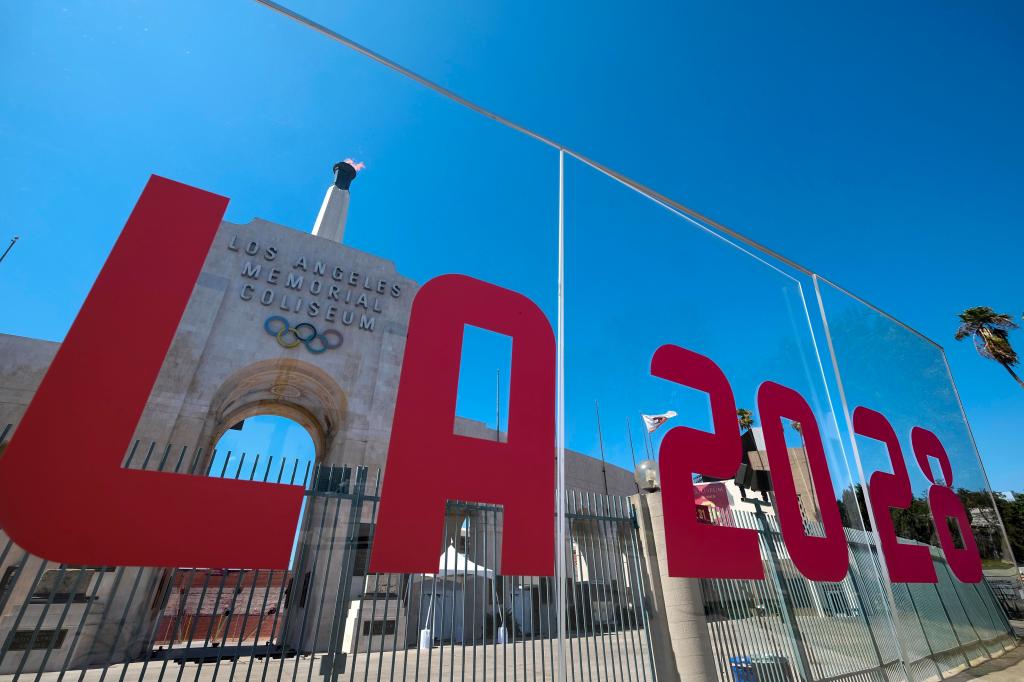
Background: In the case of the contamination of trimetazidine involving 23 Chinese swimmers, the U.S. used the "Rodchenkov Anti-Doping Act" to leverage domestic judicial and political means to investigate, extending its jurisdiction and summoning FINA Executive Director Brent Nowicki, which created a sense of crisis in the international sports community. The Paris Olympics are nearing their conclusion, and the next Olympics will be held in Los Angeles, with Salt Lake City hosting the Winter Olympics in 2034. Although the U.S. Olympic Committee Chair, the 2034 Salt Lake City Winter Olympics Organizing Committee Chair, and the Governor of Utah have all expressed support for WADA's work under the World Anti-Doping Code and pledged to do everything possible to alleviate concerns in the international sports and anti-doping communities about the U.S. anti-doping system, can these promises be fulfilled? Can international sports participants avoid the threat of the "Rodchenkov Anti-Doping Act" while competing in the U.S.?
Question 5: Why is the U.S. so strict in overseeing anti-doping efforts in other countries, yet covers up and tolerates doping violations domestically? What is the basis for the U.S. allowing "informant" athletes to escape suspension?
Background: On August 8, WADA issued a statement accusing the USADA of covering up and tolerating doping violations while criticizing other countries' anti-doping agencies. In at least three serious doping cases, the USADA did not impose suspensions on athletes in exchange for them acting as "informants," without notifying WADA or following procedures. WADA considers this a clear violation. Allowing athletes who have used banned substances to continue competing threatens the integrity of sports. Is this fair to other athletes competing in the same events?
Top Headlines
© 2025 IPPMEDIA.COM. ALL RIGHTS RESERVED



